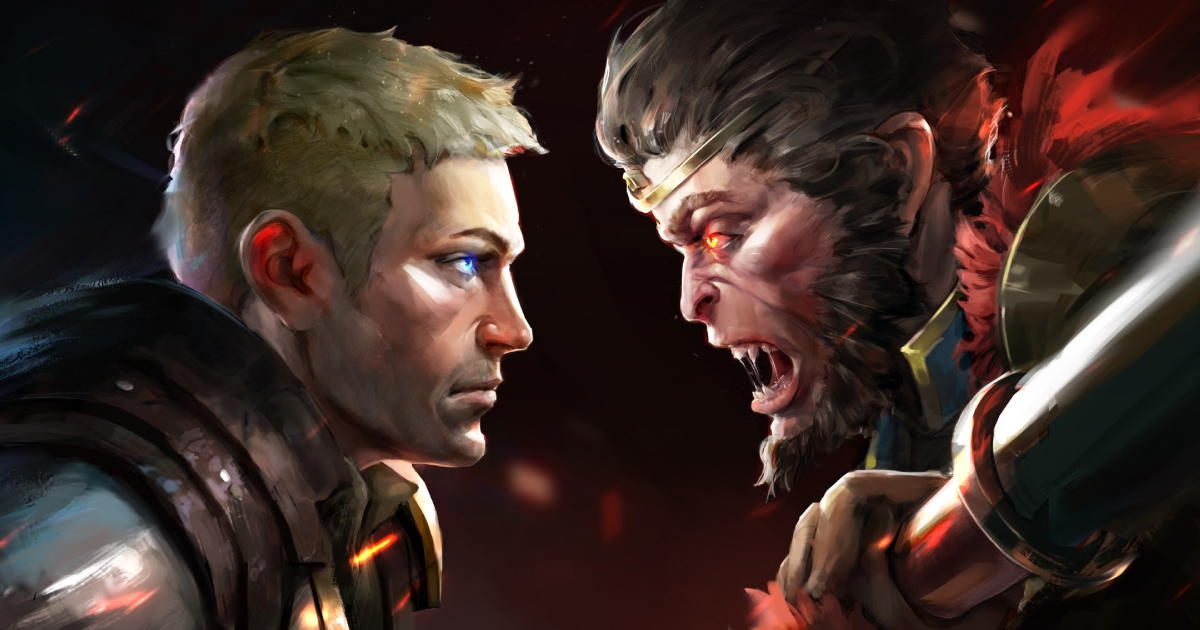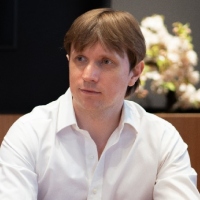Shadow Fight dev Nekki: "Unity's new policy could effectively increase our costs by up to 50 times"
More developers are beginning to openly express their concerns about Unity’s new pricing policy. Here is how per-install fees could affect mobile game studios, according to developer Nekki.

Shadow Fight 4: Arena
Shortly after Unity announced the rollout of a new Runtime Fee, Nekki founder Dmitry Terekhin took to LinkedIn to share his thoughts on the matter from the perspective of a mobile developer with vast experience in the market.
He noted that there were two main events in recent years that had a negative impact on the mobile games industry:
- When China banned foreign developers from entering the market (despite the end of the licensing freeze, it is still tedious to make your game published in the country);
- The so-called IDFApocalypse, which limited developers’ ability to target relevant users and turned mobile UA into a “clickbait contest of ‘fake ads’.”
However, Terekhin believes that Unity’s decision to charge devs with extra fees based on game installs might be the “final nail in the coffin.” He added that popular games without aggressive monetization will suffer the most.
Nekki’s games, including platform parkour title Vector and the Shadow Fight series, fall into this category. The company always focused on making projects that can go viral thanks to its visuals or mechanics — as a result, its portfolio has generated 1 billion installs. But these days might be over.
“Now, creating a successful, high-quality game is effectively a punishment,” Terekhin said, adding that “Unity’s new policy could effectively increase our costs by up to 50 times, leading to a revenue cut of 50-100% in certain countries.”
Unity's new policy serves as a stark reminder: when profit becomes the only metric of success, we risk losing the art, innovation, and diversity that made this industry so vibrant in the first place. This is a pivotal moment, one that calls for collective action and dialogue to avoid becoming part of an industry unrecognizable from the one we once admired.
founder of Nekki
Terekhin agrees that Unity may eventually soften some terms of its new pricing policy. But he also recalled a controversial comment from Unity CEO John Riccitiello, who last year called developers who don’t think about monetizing their titles “some of the biggest f***ing idiots.”
“What’s clear now is that a monopolized market spells doom for the industry as a whole,” Terekhin noted. “Unity once democratized game development, and now they are doing the exact opposite.”
He isn’t the only developer to comment on the Runtime Fee rollout. Many professionals were outraged by the way Unity handled communication and presented the changes, with Rami Ismail saying that “any system that is sprung on developers that allows them to be financially harmed in any way by their success should not be tolerated by any business looking to build a sustainable future.” Other indie creators also said they would consider abandoning Unity and switching to other engines like Godot.
